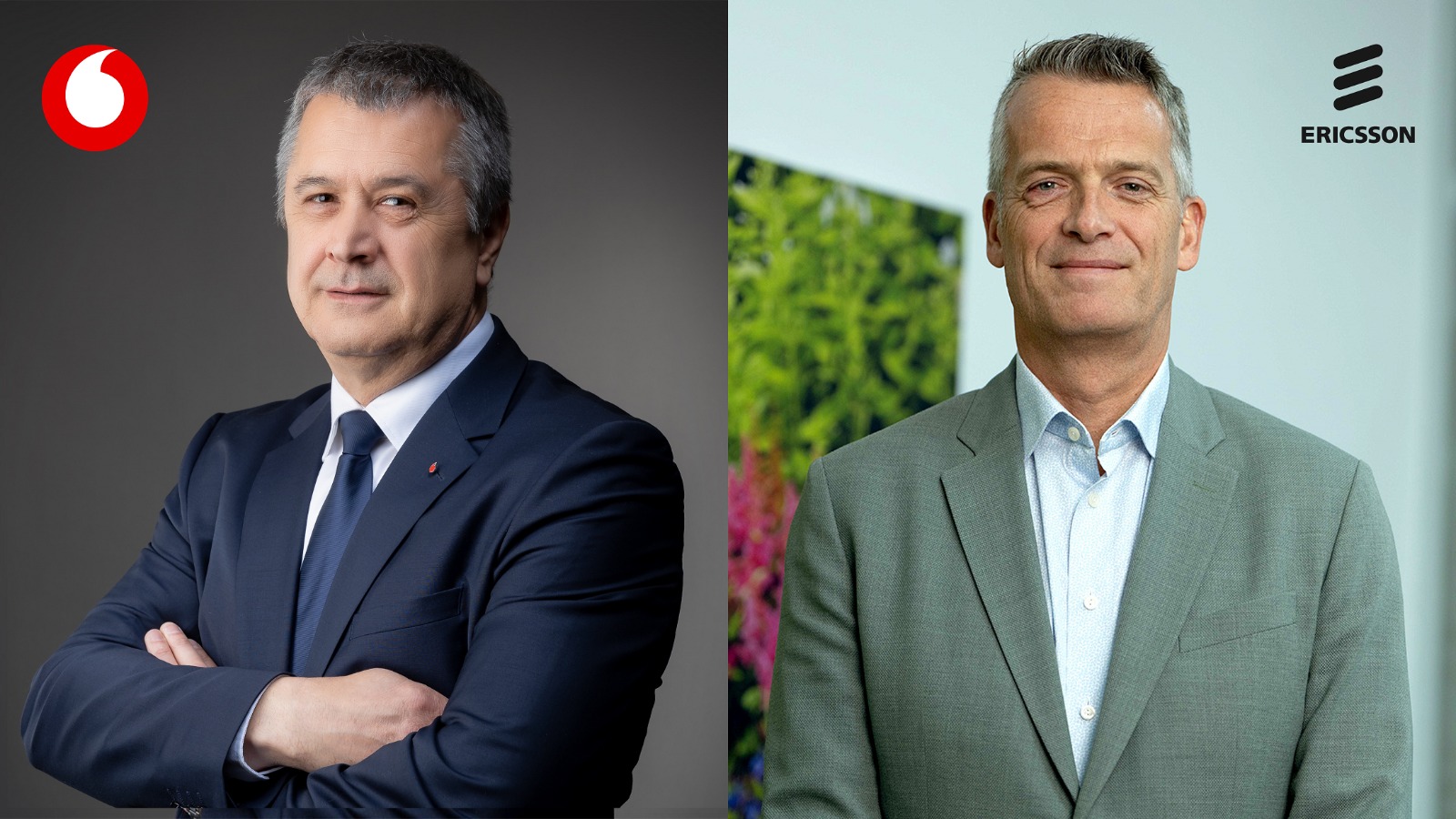Vodafone Egypt announced on Monday the successful deployment of the world’s first triple-band Mobile Radio Unit able to combine the 1800MHz, 2100 FDD, and 2600 TDD frequency bands operating in Egypt into one single radio unit.
The new Radio 4466 Unit from Ericsson will enable Vodafone Egypt to reduce its 4G/5G network rollout cost, implementation time, energy consumption, and tower load.
The new technology is very relevant for current Egypt’s radio spectrum allocation and helps Vodafone Egypt to enhance its mobile network leadership and provide the best mobile services to its customers with a better technological and economical model, the company said in a statement.
“We relentlessly work with all our technology partners to continuously enhance our mobile network leadership and provide world-class mobile service quality to our customers.” Catalin Buliga, Technology Director Vodafone Egypt, said.
“This new triple band radio unit from Ericsson gives us better cost, faster deployment of 4G/5G services, less energy consumption for our mobile network, and less tower load.”
For his part, Håkan Cervell, Vice President and Head of Ericsson Saudi Arabia and Egypt at Ericsson Middle East and Africa, said that Ericsson and Vodafone Egypt “are blazing a trail towards a brighter, more connected, and environmentally conscious future for Egypt.”
“Through advanced optimisation algorithms and intelligent resource allocation, we can unlock new levels of efficiency, ensuring that every bit of bandwidth is utilized to its fullest potential. As we embrace energy-efficient solutions and reduce our carbon footprint, we are not only enhancing connectivity but also championing environmental stewardship.”
Ericsson’s partnership with Vodafone Egypt underscores its longstanding presence and commitment to Egypt. With more than 125 years of success in the North African country, Ericsson remains dedicated to expanding its operations and driving technological innovation in the country.


